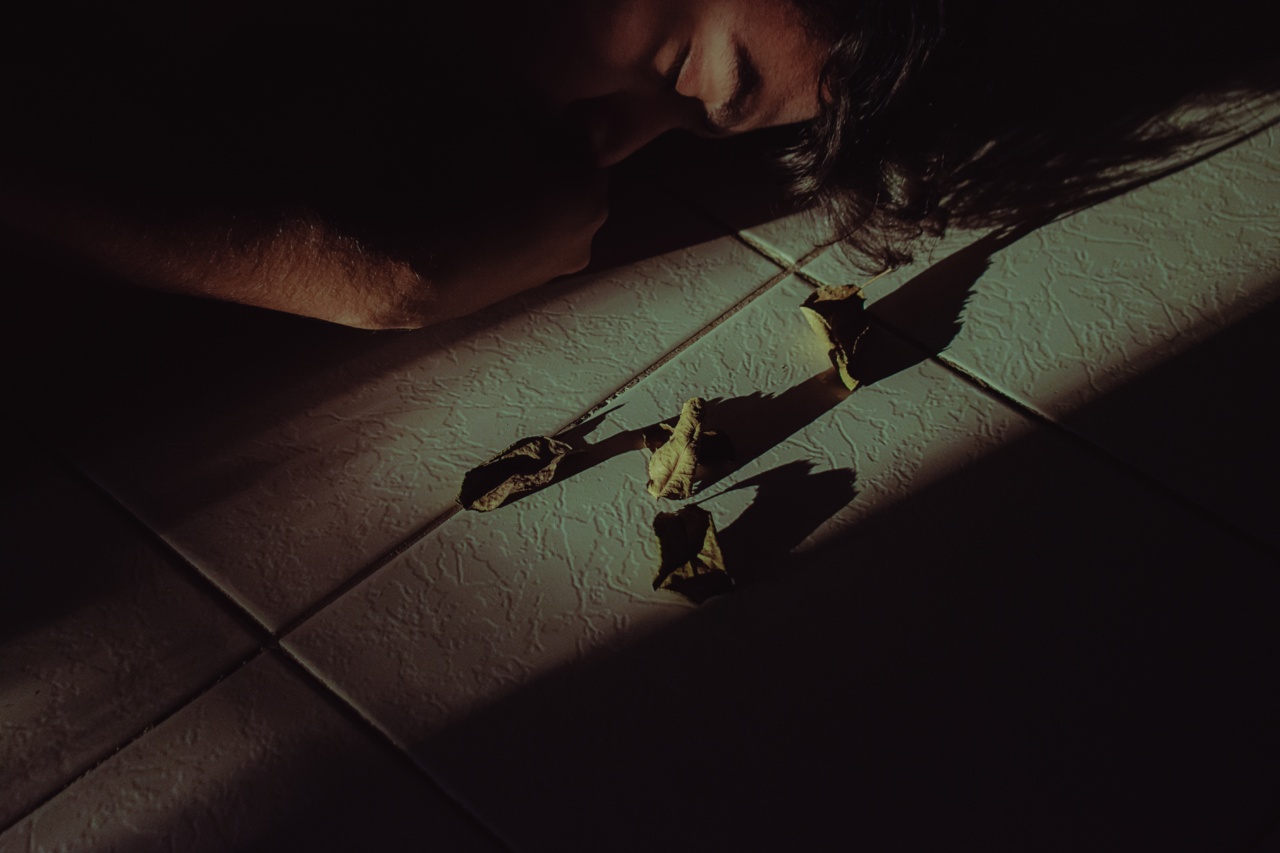Sleep is an essential part of one’s daily routine. It allows the body to rest and restore, and it also plays a vital role in maintaining overall health and well-being.
However, when it comes to depression, disrupted sleep patterns are often one of the main symptoms that people experience.
What is Depression?
Depression is a severe mood disorder that can cause persistent feelings of sadness, hopelessness, and loss of interest in daily activities.
It affects how an individual thinks, feels, and behaves and can lead to physical and emotional problems that can interfere with daily life. It’s a common mental health condition, and it can affect people of all ages and backgrounds.
The Importance of Sleep
Sleep is essential for good health, and several studies have shown that a good night’s sleep can help boost mood and improve overall well-being.
During sleep, the body performs several crucial functions, such as repairing and regenerating tissues, consolidating memories, and boosting immunity. However, when an individual does not get enough sleep, it can have a detrimental effect on physical and mental health.
The Link Between Poor Sleep and Depression
There is a strong link between poor sleep and depression. In fact, sleep disturbances are one of the diagnostic criteria for depression, according to the Diagnostic and Statistical Manual of Mental Disorders (DSM-5).
Some of the most common sleep disruptions that people with depression may experience include:.
- Insomnia: difficulty falling asleep or staying asleep.
- Hypersomnia: excessive sleeping or a desire to sleep more than usual.
- Nightmares: vivid and distressing dreams that can interfere with sleep.
- Sleep apnea: a condition in which breathing stops and starts during sleep.
Research has shown that poor sleep and depression create a vicious cycle, one that can be challenging to break.
When an individual is depressed, they may experience disrupted sleep patterns, which can cause further mood disturbances, leading to more severe depression symptoms.
How Poor Sleep Affects Depression
Three main theories suggest how poor sleep affects depression:.
- The neuroinflammatory theory: Sleep helps reduce inflammation in the brain. When individuals do not get enough sleep, it can lead to an increase in inflammation in the body, which can cause depression.
- The cortisol theory: Cortisol is a hormone that regulates stress. When individuals do not get enough sleep, cortisol levels can increase, leading to stress and depression.
- The circadian rhythm theory: Disrupted sleep patterns can affect the body’s natural circadian rhythm, leading to mood disturbances and depression.
Treatment Options for Depression and Poor Sleep
Treatment for depression and poor sleep often go hand in hand, as resolving sleep issues can help ease depression symptoms. Some of the treatment options include:.
- Cognitive-behavioral therapy (CBT): CBT is a type of talk therapy that helps individuals identify and change negative thought patterns and behaviors contributing to their depression. It can also help address sleep issues by providing techniques to promote better sleep habits.
- Medications: Antidepressants may be prescribed to treat depression and sleep issues. Some sleep aids can also be prescribed to help individuals fall asleep and stay asleep.
- Lifestyle changes: Adopting healthy lifestyle habits such as regular exercise, eating a balanced diet, and avoiding alcohol and caffeine can help improve sleep and ease depression symptoms.
Conclusion
Poor sleep and depression are closely linked, and it’s crucial to address sleep issues when it comes to treating depression. Lack of sleep can exacerbate depression symptoms, leading to a vicious cycle that can be challenging to break.
By addressing sleep problems, individuals can improve their overall well-being and ease depression symptoms.






























